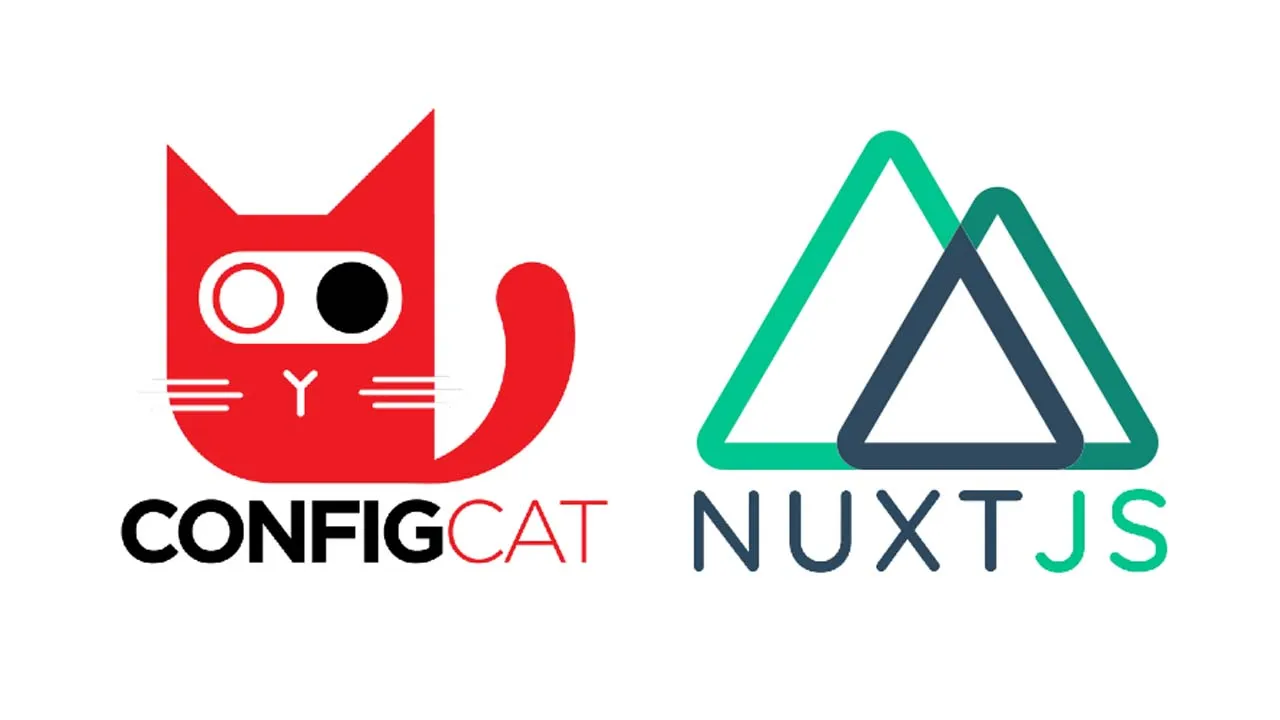ConfigCat Feature Flags for Server Side Rendered apps like NuxtJS
ConfigCat SDK for JavaScript Server Side Rendered applications
ConfigCat SDK for Server Side Rendered apps provides easy integration with ConfigCat feature flags.
ConfigCat is a feature flag and configuration management service that lets you separate releases from deployments. You can turn your features ON/OFF using ConfigCat Dashboard even after they are deployed. ConfigCat lets you target specific groups of users based on region, email or any other custom user attribute.
ConfigCat is a hosted feature flag service. Manage feature toggles across frontend, backend, mobile, desktop apps. Alternative to LaunchDarkly. Management app + feature flag SDKs.
Getting Started
1. Install and import package:
via NPM package:
npm i configcat-js-ssr
import * as configcat from "configcat-js-ssr";
2. Go to the Dashboard to get your API Key:
3. Create a ConfigCat client instance:
var configCatClient = configcat.createClient("#YOUR-SDK-KEY#");
We strongly recommend using the ConfigCat Client as a Singleton object in your application.
4. Get your setting value:
The Promise (async/await) way:
configCatClient.getValueAsync("isMyAwesomeFeatureEnabled", false)
.then((value) => {
if(value) {
do_the_new_thing();
} else {
do_the_old_thing();
}
});
or the Callback way:
configCatClient.getValue("isMyAwesomeFeatureEnabled", false, (value) => {
if(value) {
do_the_new_thing();
} else {
do_the_old_thing();
}
});
Getting user specific setting values with Targeting
Using this feature, you will be able to get different setting values for different users in your application by passing a User Object to getValue() or getValueAsync().
Read more about Targeting here.
const userObject = { identifier : "#USER-IDENTIFIER#" };
configCatClient.getValueAsync("isMyAwesomeFeatureEnabled", false, userObject)
.then((value) => {
if(value) {
do_the_new_thing();
} else {
do_the_old_thing();
}
});
Sample/Demo apps
Polling Modes
The ConfigCat SDK supports 3 different polling mechanisms to acquire the setting values from ConfigCat. After latest setting values are downloaded, they are stored in the internal cache then all requests are served from there. Read more about Polling Modes and how to use them at ConfigCat Docs.
Need help?
Contributing
Contributions are welcome.
About ConfigCat
Download Details:
Author: configcat
Demo: https://configcat.com/
Source Code: https://github.com/configcat/js-ssr-sdk
#vue #vuejs #javascript

